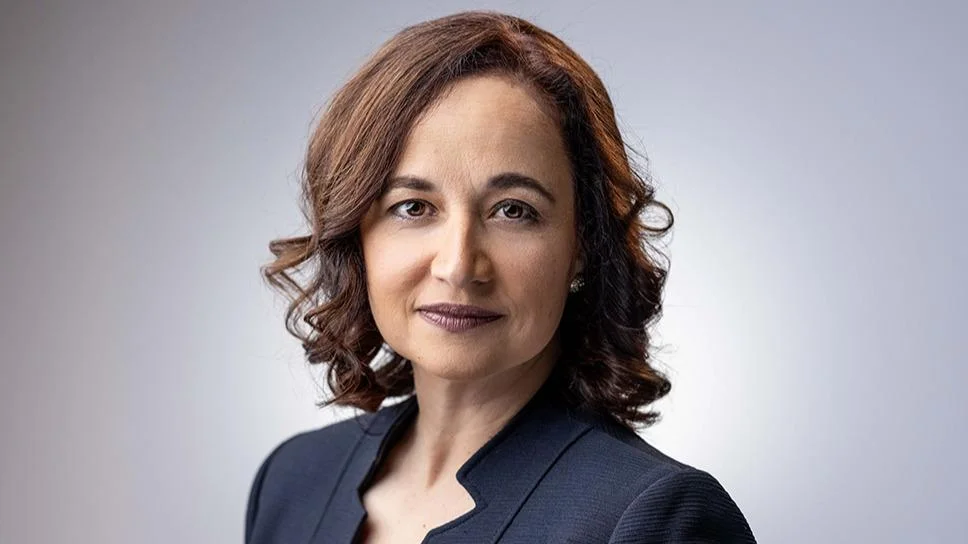
Acting Governor Tahesha Way has signed two bills aimed at protecting individuals seeking substance use treatment in New Jersey. The new laws are designed to prevent misleading, exploitative, or profit-driven referrals within the addiction treatment industry and strengthen oversight of marketing practices.
“It is important to protect individuals dealing with addiction," said Acting Governor Way. "We must ensure proper treatment without exploitation by holding providers accountable and implementing strong safeguards. Too often, vulnerable people are targeted by those who prioritize profit over care, which is unacceptable.”
Department of Community Affairs Commissioner Jacquelyn A. Suárez emphasized the need for accountability: “It is critical that laws are in place to protect individuals and families when they are at their most vulnerable – like when seeking recovery help from drug and alcohol addiction. DCA’s Division of Codes and Standards works to ensure that violators will be held accountable and penalized for misdeeds.”
Department of Health Acting Commissioner Jeff Brown stated, "New Jersey is sending a clear message that we will not tolerate predatory practices toward individuals seeking treatment for substance use disorder. It’s critical that New Jersey’s health care facilities serving these individuals advertise their services honestly and truthfully. When they don’t, they should be held accountable."
Human Services Commissioner Sarah Adelman noted the importance of ethical standards: “Today’s bill signings represent a major step forward in protecting individuals and families seeking help for substance use disorders. By strengthening oversight and eliminating deceptive marketing practices, we are ensuring that New Jersey residents can access care that is ethical, transparent, and effective. These laws reflect our unwavering commitment to supporting recovery with dignity and integrity, while holding providers to the highest standards of accountability.”
Attorney General Matthew J. Platkin commented on enforcement: “Successful treatment for substance-use disorders depends on honest providers and professionals who refer patients to the providers most suited to their needs. These bills strengthen our ability to go after providers who make false claims about their treatment and those who would undermine a vulnerable person’s chances for recovery by exploiting the situation for kickbacks and other forms of illicit profit. The bills Lieutenant Governor Way is signing today are a testament to New Jersey’s commitment to combating the substance-use epidemic.”
New Jersey Public Defender Jennifer Sellitti added: "People seeking help for substance use disorder deserve honesty, transparency, and dignity. Deceptive marketing tactics exploit individuals and families during their most vulnerable moments. This legislation represents a crucial step toward holding treatment providers and recovery residences to the highest ethical standards, ensuring that people can trust the care and support they seek."
Bruce Keller, Executive Director of the New Jersey State Commission of Investigation (SCI), referenced prior findings: "These bills are a positive step for those citizens of our State who suffered from the type of shortcomings in the addiction rehabilitation industry SCI uncovered. They also underscore the importance of SCI's work in ensuring New Jersey maintains its reputation as a state readily capable of legislative reforms when problems are brought to light."
The first bill (A3973/S3952) revises patient referral law regarding substance use disorder treatment facilities, recovery residences such as sober living homes, and clinical laboratories. It reclassifies patient brokering as a third-degree crime—up from fourth-degree—and imposes mandatory $50,000 fines per violation along with restitution requirements for affected patients or insurers.
This legislation was prompted by an SCI report highlighting issues where individuals or entities accepted kickbacks to direct patients into certain centers based on financial incentives rather than clinical need or quality.
According to data from 2023 provided by the Department of Human Services, 44,350 patients were admitted for substance use treatment across New Jersey.
The second bill (A3974/S3955) targets deceptive marketing practices among addiction treatment providers by requiring advertising be accurate about services offered, locations, provider identity, and affiliations; it authorizes investigations by state agencies with civil penalties up to $20,000 per offense.
Assemblyman Anthony Verrelli explained: “Families deserve to know that their loved ones are being referred to treatment centers for the right reasons...cracking down on exploitative practices that prey on people in crisis...ensuring patients have access to accurate...information.”
Assemblyman Avi Schnall stated: "People battling addiction should not have to worry whether they’re being manipulated for someone else’s financial benefit...we're putting safeguards in place..."
Assemblywoman Verlina Reynolds-Jackson said: “When the referral process is compromised...With this bill we're empowering patients..."
Senator Vitale described previous findings as disturbing: “This legislation will help combat corruption resulting from referral of patients for personal profit…”
Senator Wimberly said: “These reforms are about restoring integrity…By putting strong safeguards in place we can protect patients…”
Sponsors also include Assemblyman Miller; Assemblywoman Bagolie; Senator M. Teresa Ruiz; Senator Vitale; Senator Wimberly.
Assemblywoman Rosy Bagolie commented: “This bill puts common-sense safeguards in place…”
Assemblyman Cody Miller said: “A3974 is about putting patient's well-being first…”
Senate Majority Leader M. Teresa Ruiz called dishonest tactics reprehensible: “…these practices too often put a roadblock on path to sobriety…”
Kenny Esser from Hackensack Meridian behavioral health commended lawmakers’ actions saying it sends a clear message against exploitation.
Debra L. Wentz from NJAMHAA supported measures deterring bad actors preying on vulnerable people needing care.
Nikki Tierney from NCAAR expressed gratitude noting leadership prioritizing health over unethical practices.
Elissa Tierney from Not One More campaign praised inclusion of lived experience voices leading up to these changes.
Anyone struggling with drug addiction can call 1-844-ReachNJ—a helpline available around-the-clock—for assistance.